Burying My Dead
Reader’s Guide
Burying My Dead employs a contemporary story intertwined with a historic one. How does this device change the way you interact with the book? What historic parallels do you see between Murphy’s time and Simeon’s? How does Murphy’s story intertwine with Emerson’s?
Prejudice against the Chinese plays a key role in this story. Over the years anti-Chinese sentiment and discrimination grow. Why? How does it resemble or differ from attitudes towards various ethnic groups today? At the Oregon Historical Society Museum, Murphy discovers that President Calvin Coolidge used the slogan “America for Americans” in 1923 before signing the Immigration Act of 1924. In what ways is history repeating itself?
Each character develops a set of ethics based on experience. How does Emerson’s attitude toward the Chinese evolve? Have you known someone whose bias against a particular group is altered by a personal connection? How have your life experiences formed or changed your attitudes and behaviors?
Lucy and Emerson are both products of their time. How are they different? What do they have in common? How does Emerson resist gender norms of her day?
Simeon’s wife Lucy is an “inmate” at the Asylum. The reasons for commitment of women in that time ranged from acute mania related to menopause to psychosis with cerebral syphilis. How has treatment of mental illness changed over the years?
Virtually every character experiences profound loss. Compare how each of them responds to their misfortunes. Have you known someone who, like Simeon, has overcome great hardship or trauma?
Prostitution on the streets of 1870s Portland seems a world away, but a Portland State University report in 2013 found 469 victims of child sex trafficking in the previous four years. The average age of victims was 15. The youngest was 8. How would you compare Zhou Zhen's experiences with the victims of prostitution today?
In the novel, Emerson’s family leaves Ireland under duress, and Simeon’s family endures the hardships of the Oregon Trail. Many of our ancestors have moved across the country or around the world to find better lives. Does your family share a similar story? Consider the different kinds of migrations happening today.
In 1863, the public reaction to President Lincoln’s Gettysburg Address was deeply divided along party lines. Do you think reading a newspaper or documents of a time period gives you a different perspective than history books?
In researching this book, the author was surprised by the existence of Sanitary Fairs and Pithole oil. What information was new to you?
Simeon, Emerson and Zhou Zhen are ordinary people traveling through the history of their time. How do they reach beyond what is expected of them? What is their motivation? Do you try to make a difference in the world, in big ways or small?
Genealogical research plays a key role in unraveling the mystery of Zhou Zhen. Have you tried to learn more about your ancestry? Was it surprising? Fulfilling? Did you find any skeletons in your family closet?
How might someone born in the 20th century have responded similarly or differently to the story’s events?
Simeon Small is able to defuse a small anti-Chinese mob by appealing to their shared experiences. The author credits similar confrontations in the movies It’s A Wonderful Life and To Kill A Mockingbird. What did you take away from the scene referenced above?
At the beginning of the book, the author uses a quote from Chief Bromden, a fictional character in Ken Kesey’s One Flew Over the Cuckoo’s Nest. Bromden says, “But it’s the truth, even if it didn’t happen.” Why do you think the author uses this quote? What does it mean to you?
